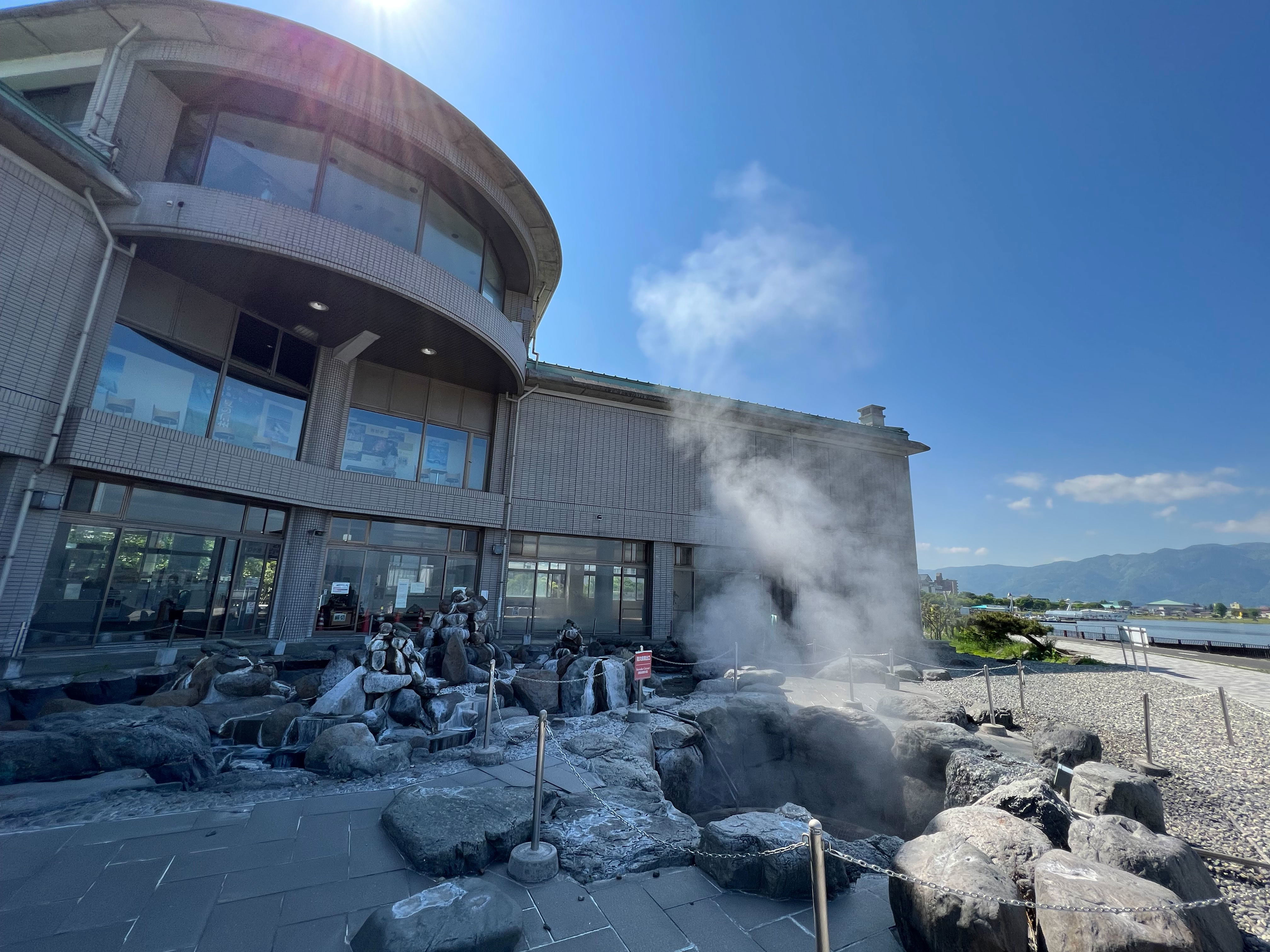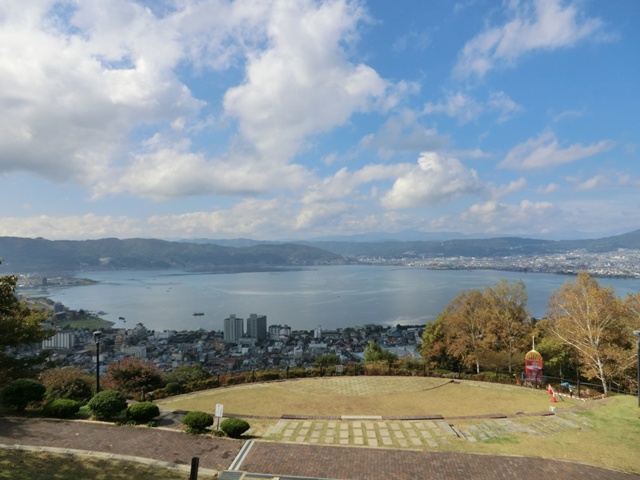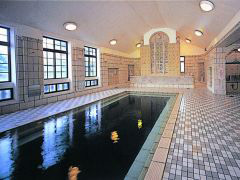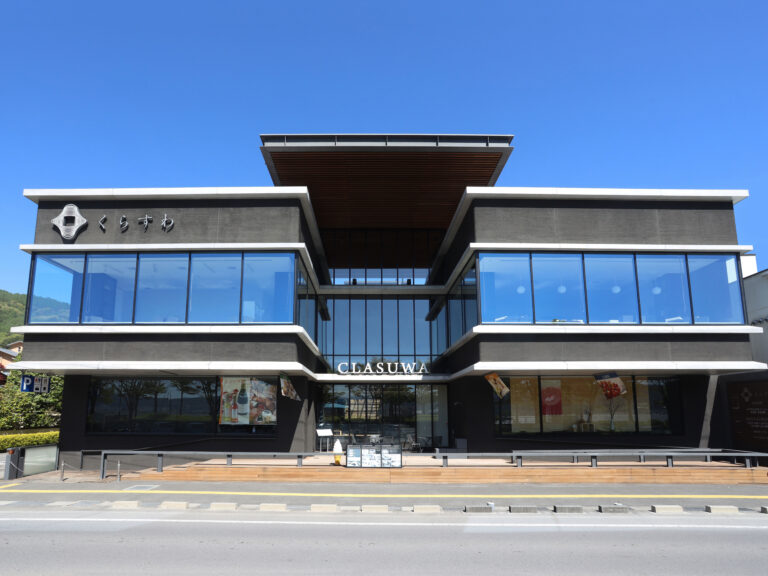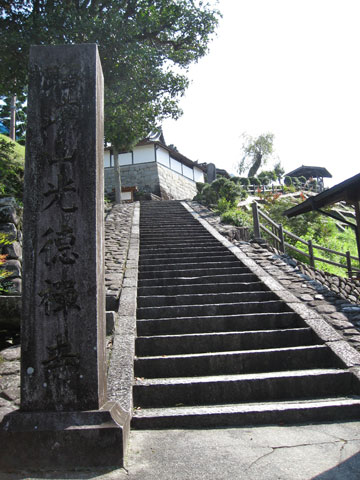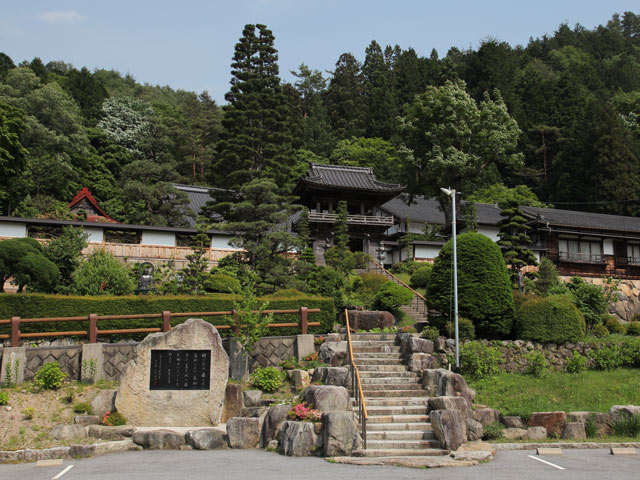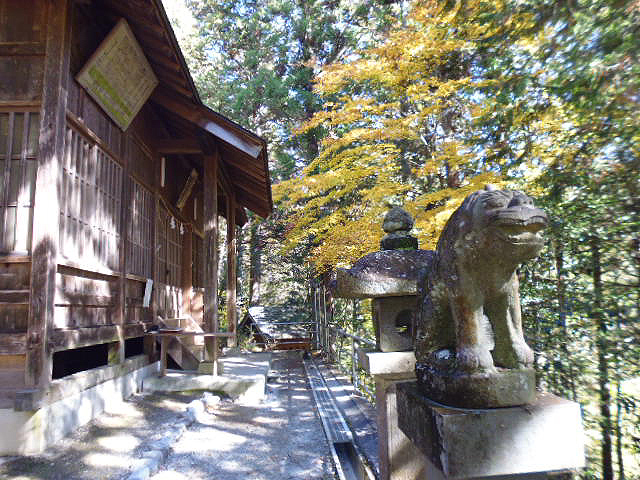You can enjoy a hot water bath drifting from the "Nanatsugama" that mimics the spring exit of a hot spring
Suwa City
The information provided reflects the details available at the time of the survey.
Please note that facility details may change due to the facility’s circumstances, so please check for the latest information before visiting.
This content has been translated using machine translation.
Information provided by: JTB Publishing
This content uses automatic translation services. Automatic translations may not always be accurate.
Please note that the translated content may differ from the original meaning. We ask for your understanding when using this content.

